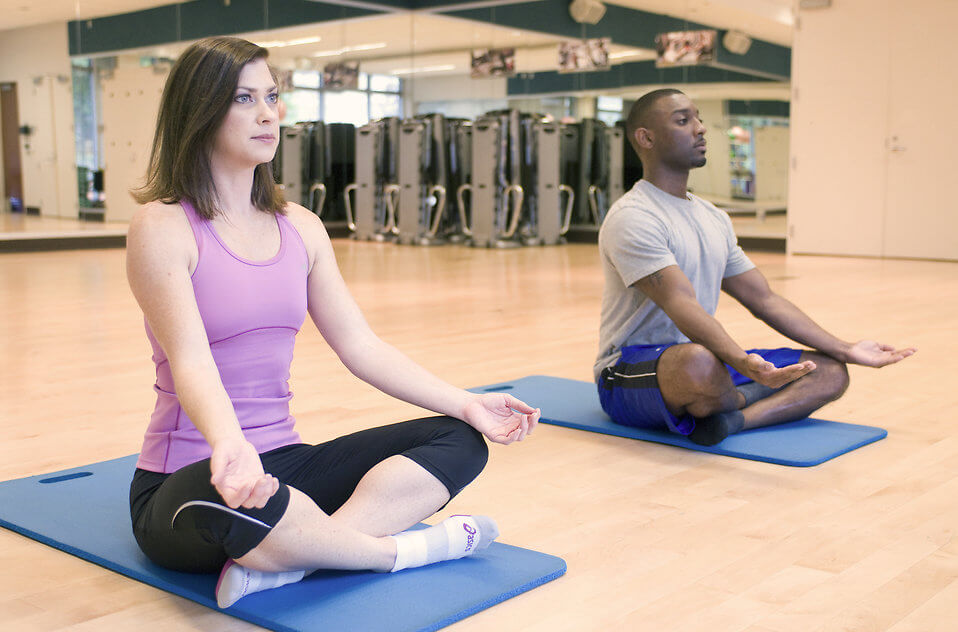Pharmacological treatments offer immediate relief from cravings or immediate displeasure when using the drug. Behavioral therapies offer emotional support and techniques to overcome addiction. Alternative therapies focus more on the subjective individual’s ability to overcome their own addictions and meditation is one of those treatments.
An experiment conducted by Marilyn A. Winkleby, Ellen C. Feighery, David A. Altman, Sara Kole, and Elaine Tencati tested if community engagement in substance abuse advocacy could have a significant effect on teen substance abuse. Results showed a four-fold increase in substance abuse advocacy activities and a variety of changes in the community that led to decreased tobacco and alcohol advertising and sales. The group was able to make an impact that spread throughout the community, which shows that the influence of the youth can lead to real change.
Teens advocating against substance abuse were able to successfully persuade policymakers to change environmental influences on substance use, but drug use amongst teens only decreased slightly. This group was able to teach more people about the harmful effects of drugs, but they were unable to significantly reduce drug use overall, likely because they did not fix the emotional issues that inherently lead to drug use that may be alleviated through mindfulness practices.
Evidence suggests that the present-moment awareness and nonjudgmental aspects of mindfulness meditation promote self-control and incipient affective cues that signal the need for control, for example, in emotion regulation. Perhaps meditation could be used as an emotion regulator while maintaining a strong enough sense of self-control that can ultimately break the problem of drug addiction permanently with no relapses.
An experiment involving 46 undergraduate students showed through neuroimaging data that mindfulness meditation-integrative body-mind training showed stronger subgenual and adjacent ventral ACC activity, related to emotion regulation, than relaxation techniques. Therefore, meditation could not only prevent individuals from starting drug usage but could potentially be utilized to end drug addiction through emotion regulation. Results of an experiment attempting this solution showed that eight weekly group sessions of mindfulness-based relapse prevention with cognitive-behavioral relapse prevention lowered the risk of relapse to drug use significantly. These meditation techniques could enhance rehabilitation programs by preventing future relapse.
This may be because there is no self-judgment during mindfulness meditation, but instead, a focus on the present. This discourages thinking about past drug use or future drug use. Other research on meditation shows the following benefits:
- Increased cognitive function
- Greater focus
- Decreased emotional reactivity
- Decreased anxiety
- Improved sleep
- Reduced depression
Some of the benefits listed above happen to coincide with the opposite of some withdrawal symptoms like depression, insomnia, mood swings (emotional reactivity), and distraction by the drug. Meditation is something that may be able to counteract the adverse effects of withdrawal and is something the client can take with them after treatment.
Asana Recovery offers the supportive, relaxing environment needed to provide long-term recovery from the struggles drug addiction. We take our clients seriously because we understand the real psychological struggles that users experience when trying to quit a substance. Fighting the battle alone is extraordinarily difficult, but letting the trained professionals who hold no judgment is the easiest way to begin your journey towards recovery. Contact 949-438-4504 to learn more about our treatment programs.



